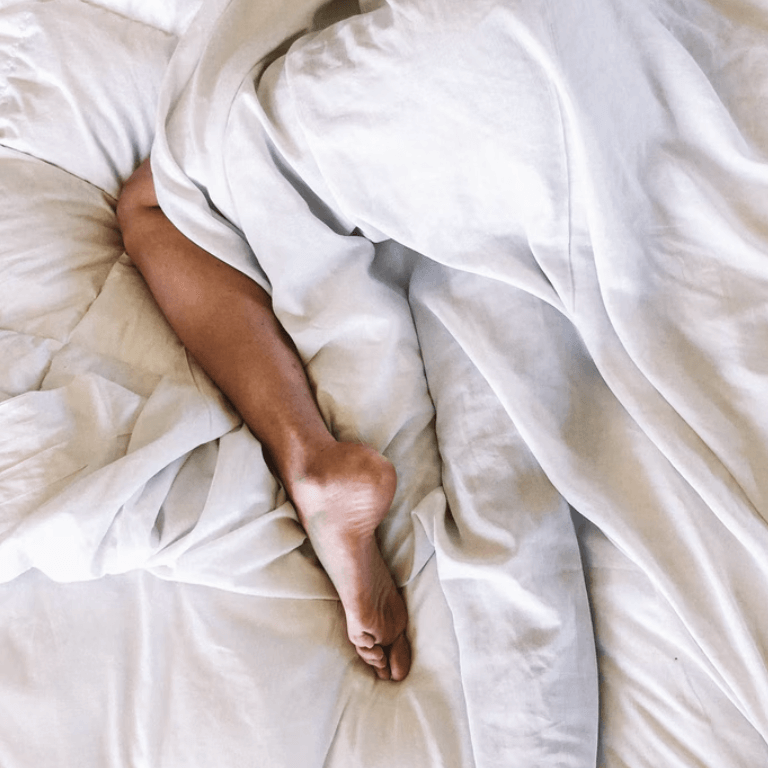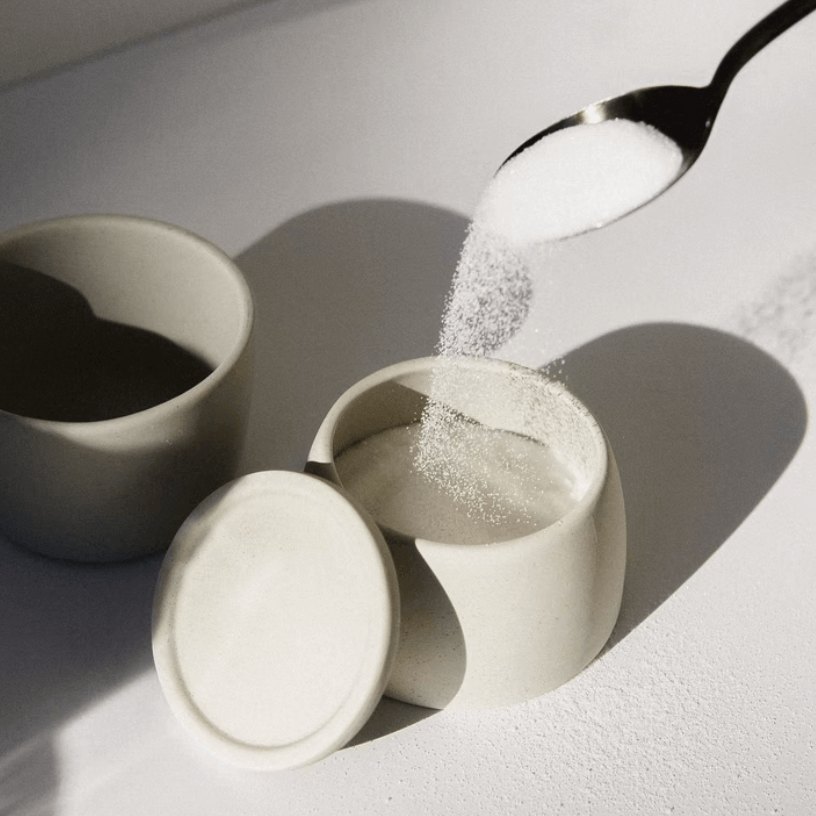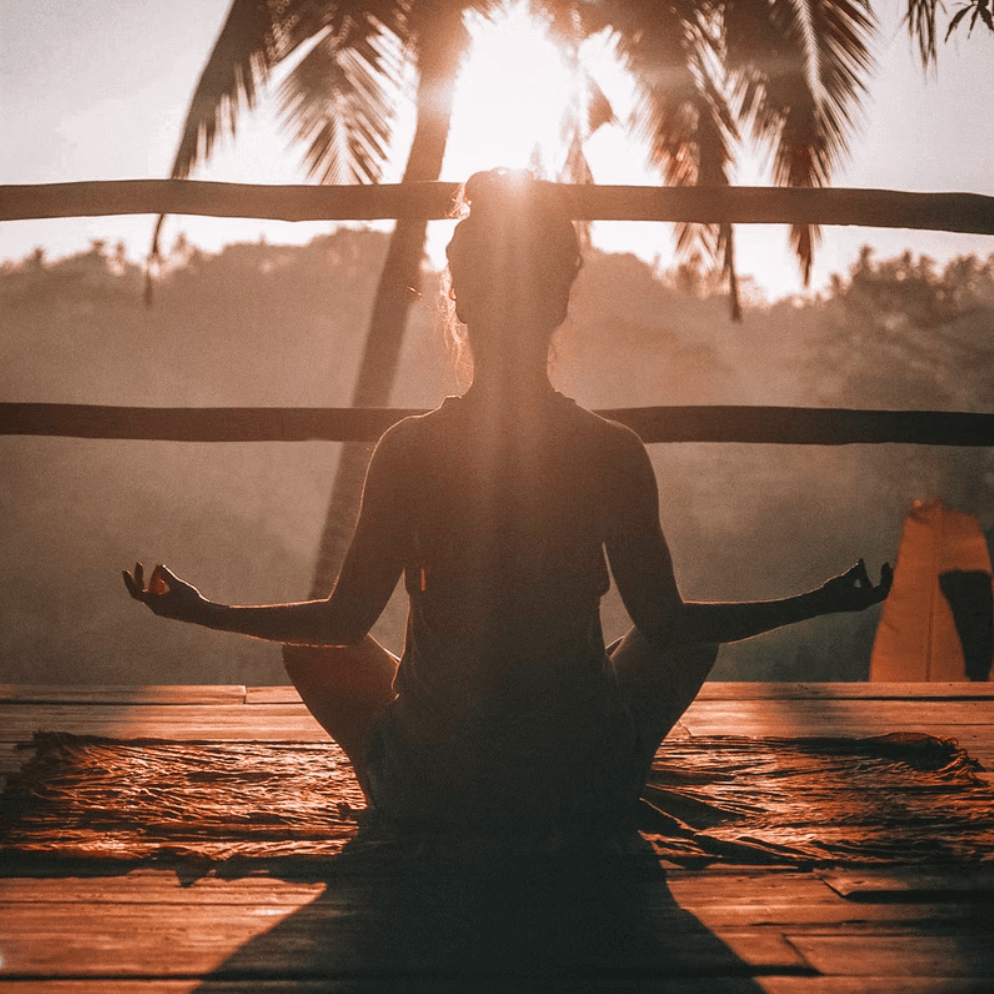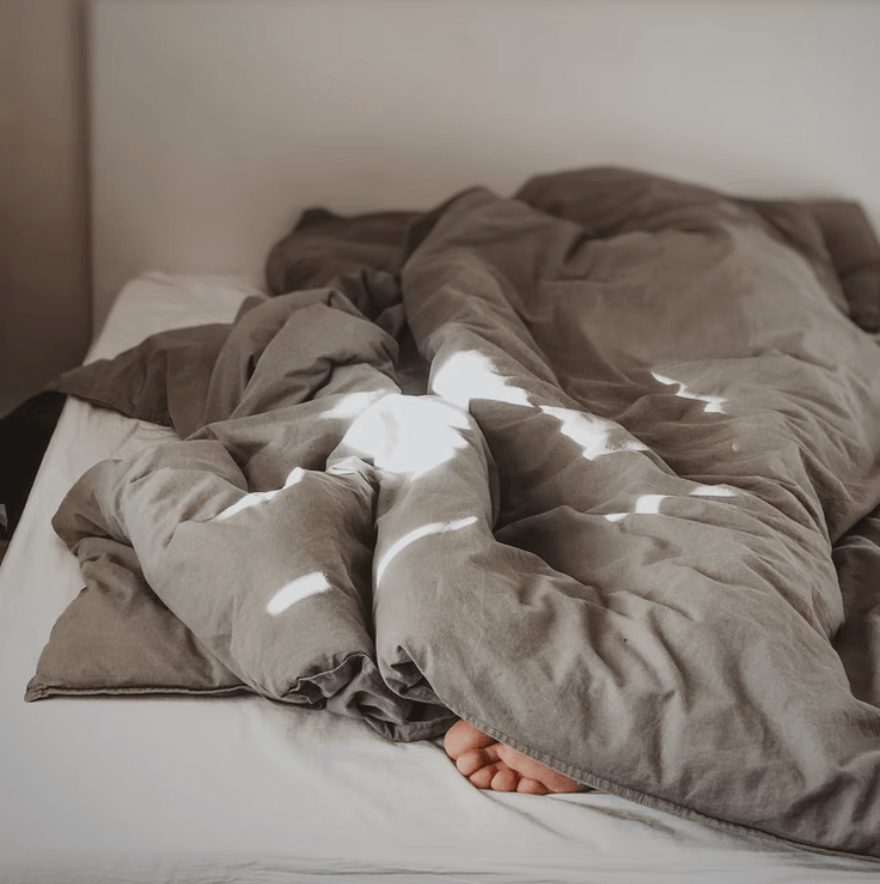Balancing Melatonin, Cortisol and Sleep Cycles
Melatonin and cortisol orchestrate our sleep-waking cycle.
Melatonin is also a powerful antioxidant (mopping up free radicals, bad cells, in the night).
Cortisol is a hormone that controls the awake part, its meant to be low at night so you can stay asleep and slowly rises in the morning, peaking at the time you wake up. It also stimulates your appetite for a big breakfast, after breakfast levels drop again until its lowest point whilst you’re asleep.
Cortisol also doubles up as a stress hormone, so high levels in the day make you feel anxious and easily overwhelmed, abnormally hungry and makes it harder to fall asleep.
So how do we balance these hormones?
For Good Melatonin Production:
- Avoid sleeping pills (Yes! including melatonin supplements) – they disrupt your natural sleep cycles and circadian rhythm giving you medicated sleep – not the same as restorative sleep
-
Schedule sleep, go to bed every night at the same time (preferably between 10-11pm) and wake up between 6-7am. You should be transitioning into dim mode around 4 hours before sleeping.
-
Try not to change the schedule, even on the weekends
-
Practice good sleep hygiene – dim lights and avoid screens 2 hours before bed, stop eating 3 hours before bed – only water and herbal teas, only use bed for sleeping and sex (not reading, working and TV)
-
Sleep in a cool & very dark room. Remember, even a little light when you are sleep suppresses melatonin and disrupts sleep quality AND increases insulin resistance!
-
Try to take screens out the room, and get rid of little charging lights. If you have to have a clock in the room - try to replace it to one with red lights as they don’t inhibit melatonin as much.
For Managing Cortisol Levels:
- Exposure to bright morning light! This will allow your body to: decrease melatonin (sleepy hormone), increase cortisol (wakeful hormone), regulate insulin (literally helping with weight management even if you change nothing else in your diet), helps with mental health issues, helps you sleep better.
-
Relaxation techniques like meditation, aromatherapy, hot baths
-
Bedtime teas! Camomile, lemon balm
-
Only drink coffee (or green/black tea) in the morning (preferably 30 min minimum post breakfast) – caffeine is a stimulant. It keeps you awake by blocking adenosine (a neurotransmitter which builds up over the day causing you to feel sleepy)
Lots of love,
Cassie x
As always, for more information or to book a nutrition consultation you can find me at:
Instagram: @vale.of.health
Website: https://valehealth.co.uk/
Check out these Presscription products that will help keep you in fighting shape
 Why Presscription?
Why Presscription?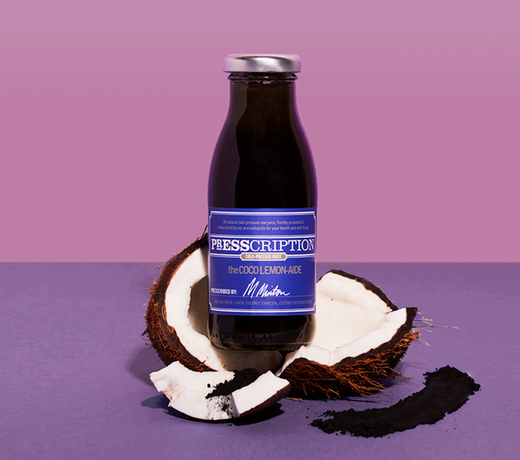 Why Cleanse?
Why Cleanse? Cleansing Tips
Cleansing Tips What's Pressing?
What's Pressing?